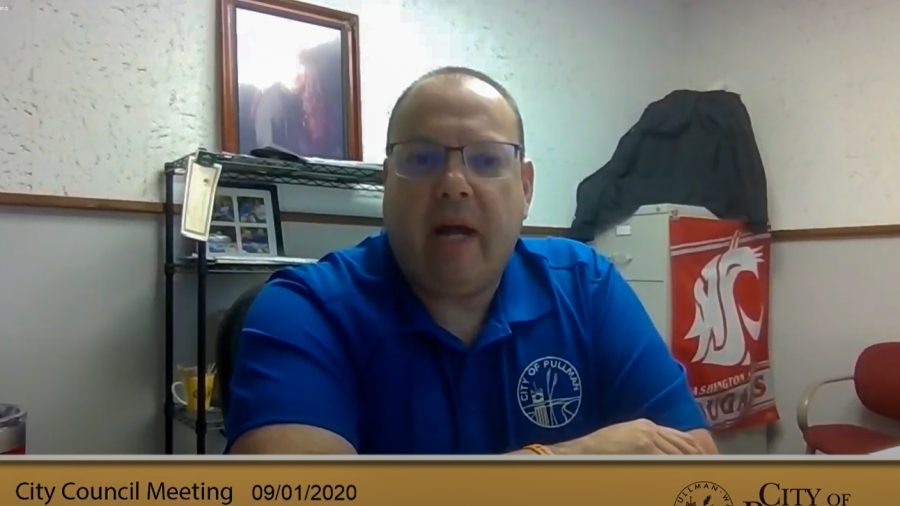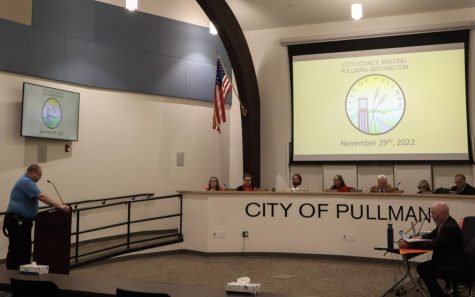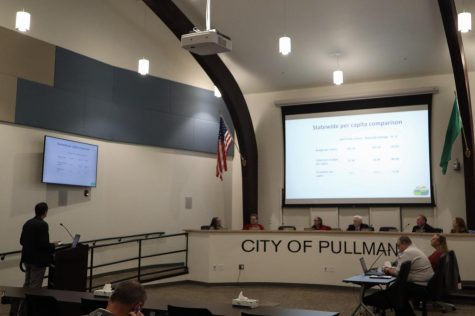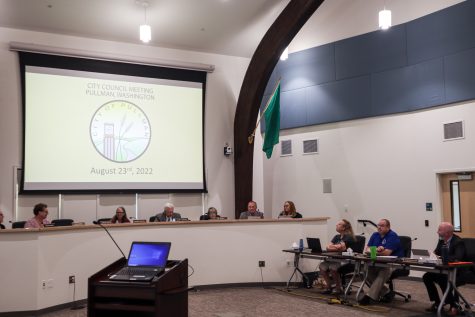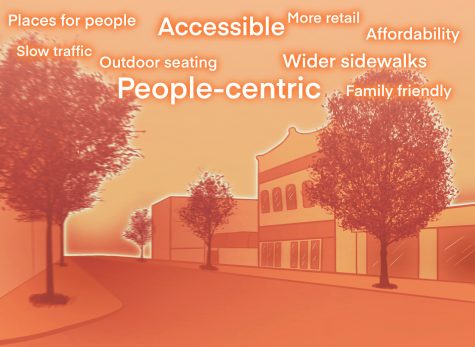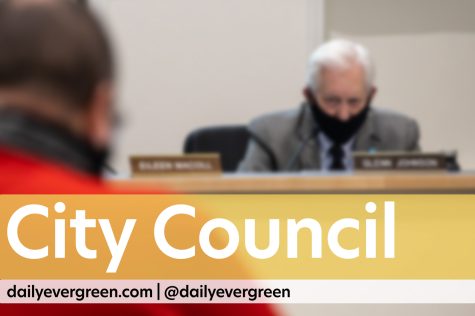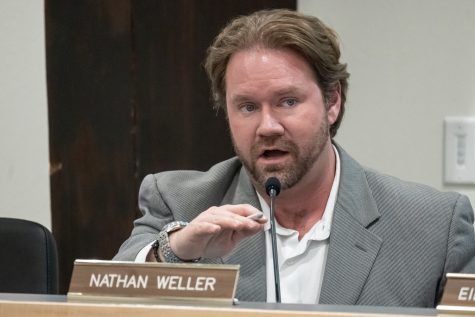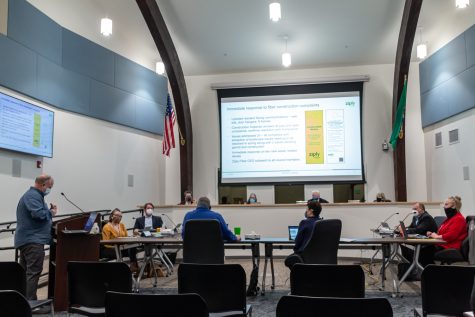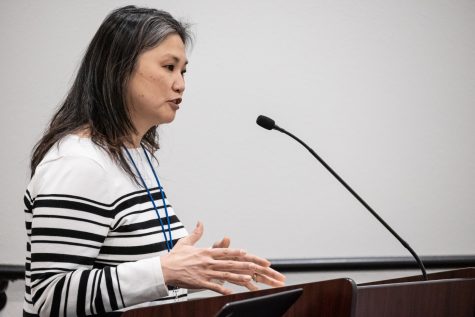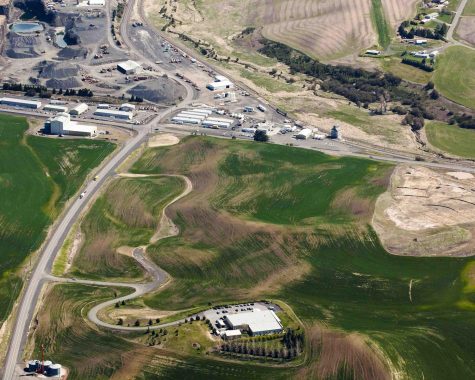Councilmembers to consider property tax increase following drop in city revenue
City can increase property tax by 1 percent or 0.6 percent; council would have to adopt resolution declaring need for the higher increase
Pullman City Council can declare a need for the tax increase partly caused by the city’s economic pitfall because of COVID-19. The city hopes to see increased revenue from several construction projects, even if the property tax does not go up, said Mike Urban, Pullman director of finance and administrative services.
October 21, 2020
The Pullman City Council will decide on a possible property tax increase in November when the council adopts its 2021 tax levy.
If the council increases the property tax by the state-designated 1 percent maximum, it will generate $76,719 in revenue for the city, said Mike Urban, Pullman director of finance and administrative services.
The city faced an economic pitfall because of COVID-19, which partly caused a $700,000 drop in city revenue for 2020. The council could adopt a resolution that declares a “substantial need” for the tax increase, Urban said.
“It goes along every year pretty simply because of the way the economy runs, except this year,” Urban said.
Using an implicit price deflator, a tool that measures inflation, the city usually matches the IPD because it indicates the status of the city’s economy, Urban said. However, the pandemic has greatly changed the city’s revenue streams.
Urban said the August IPD was at 0.6 percent.
“When the IPD drops below 1 percent, that creates a whole new playing field,” Urban said. “So now the council is faced with the decision — do they believe there is a reason to bypass the IPD and take the 1 percent, and if they do, they can do that by passing a resolution.”
If the council does not adopt the maximum and instead goes with the 0.6 percent, it would give the city $46,148, or $30,000 less than the maximum tax increase.
The city hopes to see increased revenue from several construction projects, Urban said, even if the property tax does not go up.
More construction will help the city’s economic problems, as well as add value to the city without increasing property taxes, he said.
For example, if a $1 million building is constructed, the owner pays the full $100 tax. However, if two $1 million buildings are built, that $100 tax is now spread between the two, with the respective owners paying $50 each, he said.
“The pie stays the same size, except for that 1 percent. It just gets divided among more places,” Urban said.

